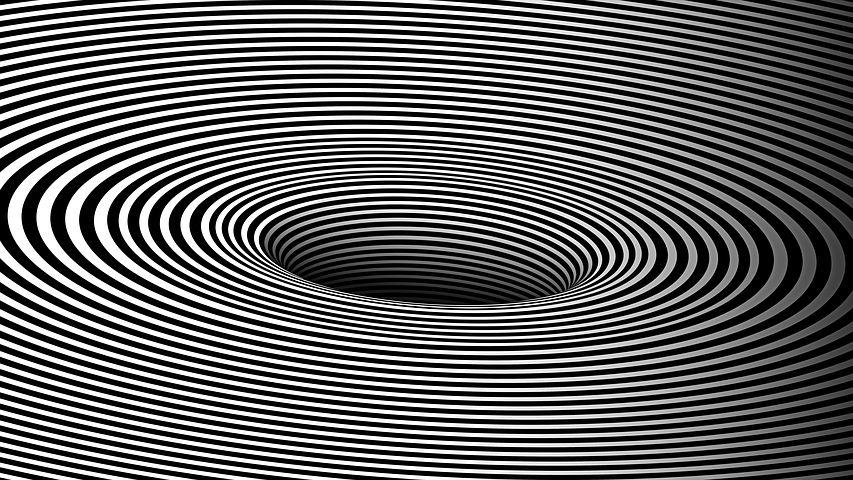A black hole is an astronomical object with an extremely strong gravitational pull that is so powerful that nothing, not even light, can escape it once it crosses a region of space known as the event horizon. Black holes are formed when massive stars run out of fuel and collapse in on themselves, creating a singularity - a point in space where the laws of physics as we know them break down. Black holes can also merge with other black holes, creating even larger and more powerful objects.
Black holes have several properties that make them fascinating objects of study:
Mass: Black holes can range in mass from a few times that of the Sun to billions of times that of the Sun. The more massive the black hole, the larger its event horizon and the stronger its gravitational pull.
Spin: Black holes can also spin, which affects their properties such as the shape of their event horizon and the way they interact with matter and radiation.
Accretion disks: When matter falls into a black hole, it forms a swirling disk around it called an accretion disk. This disk can emit radiation and jets of particles that can be observed by astronomers.
Gravitational waves: As black holes merge, they produce ripples in the fabric of spacetime known as gravitational waves, which were first detected in 2015 by the LIGO observatories.
Research on black holes is a thriving field that continues to advance our understanding of these fascinating objects. Some current areas of research include:
Testing the theory of general relativity: Black holes provide a unique laboratory for testing the predictions of Einstein's theory of general relativity, such as the properties of their event horizons and the behavior of matter and radiation around them.
Studying the accretion process: Researchers are studying the physics of how matter falls into black holes and forms accretion disks, including the way that magnetic fields and turbulence affect the process.
Simulating black holes: Computer simulations are used to model the behavior of black holes and the properties of the radiation and gravitational waves they produce.
Gravitational wave astronomy: With the detection of gravitational waves, researchers are now able to use black holes as probes of the universe, studying the properties of the objects that merge to form them and the structure and evolution of the universe as a whole.
Overall, black holes are fascinating objects of study that continue to challenge our understanding of the universe and the laws of physics that govern it.
The theory of black holes revolutionized our understanding of the universe and has had a profound impact on the field of astronomy. The idea of black holes first emerged in the early 20th century, but it wasn't until the 1960s that the concept became widely accepted.
The theory of black holes states that when a massive star runs out of fuel and collapses in on itself, it can create an object with such strong gravitational pull that nothing, not even light, can escape. This object is known as a black hole. The concept of black holes was initially met with skepticism and controversy, but over time, mounting evidence from observations of stars and other celestial objects supported the theory.
The discovery of quasars in the 1960s and the observation of their extremely high luminosity provided additional evidence for the existence of black holes. The theory of black holes has since been further supported by a wide range of observations, including those made by the Hubble Space Telescope and gravitational wave detectors.
The study of black holes has also led to new and exciting developments in astronomy and physics. For example, the theory of black holes has been used to explain the behavior of galactic nuclei, and has helped scientists better understand the evolution of galaxies. The study of black holes has also led to new insights into the nature of space and time, and has helped to advance our understanding of gravity and the universe as a whole.
Overall, the theory of black holes has had a profound impact on our understanding of the universe, and has led to new and exciting developments in astronomy and physics. The ongoing study of black holes continues to uncover new insights into the nature of the universe and its many mysteries.












No comments:
Post a Comment